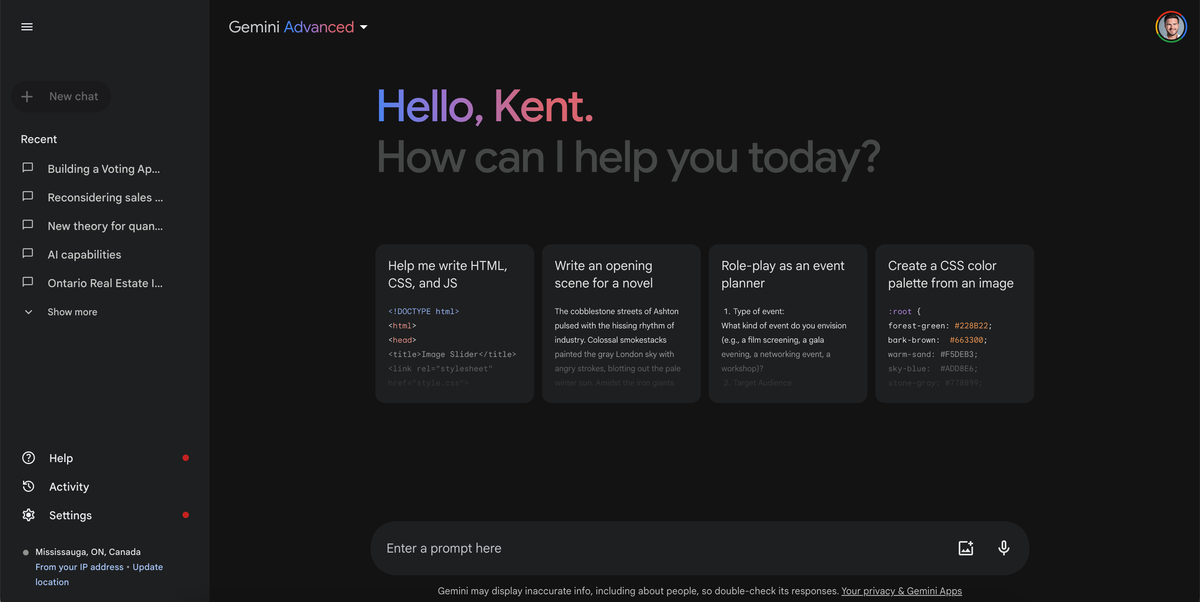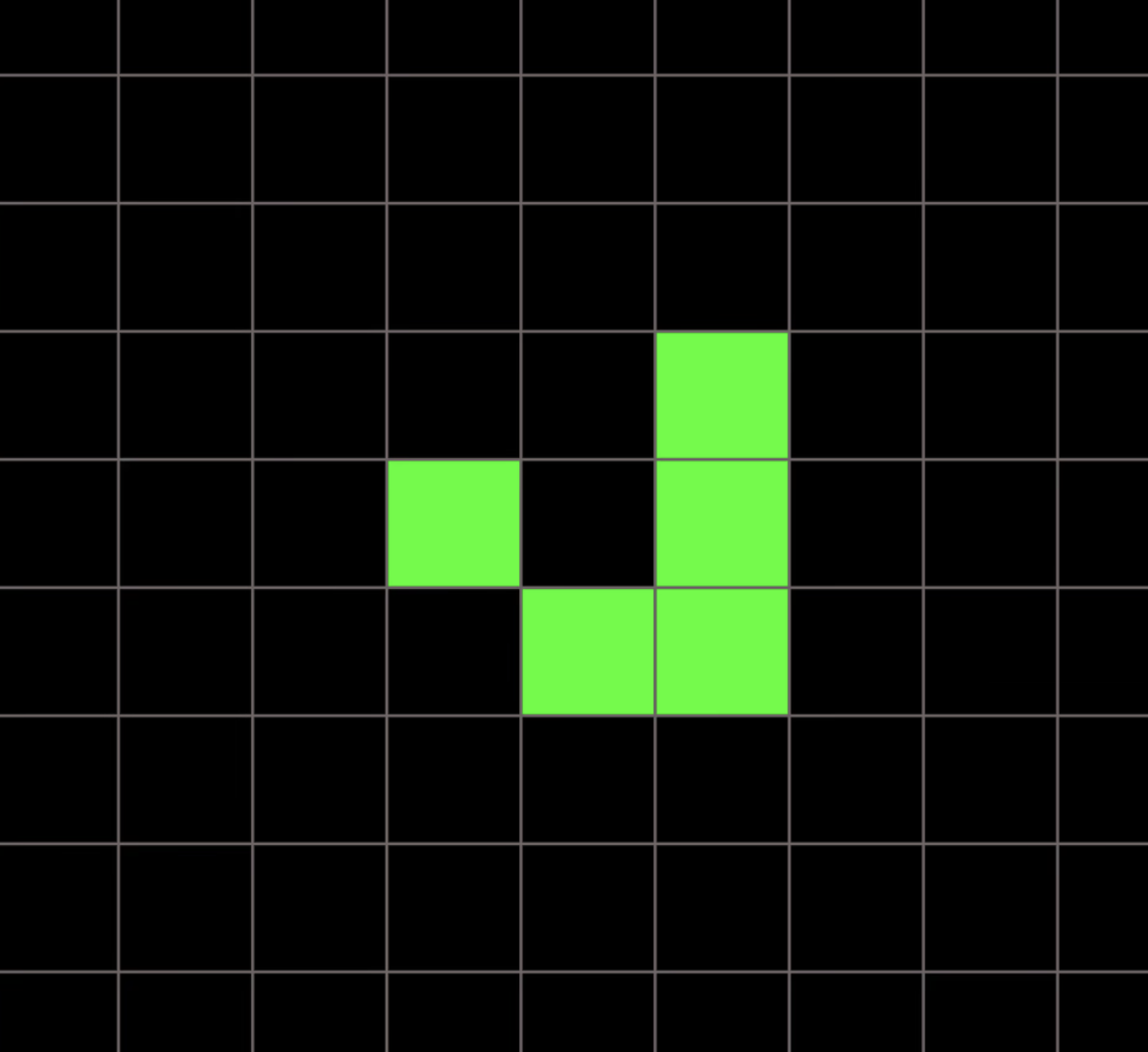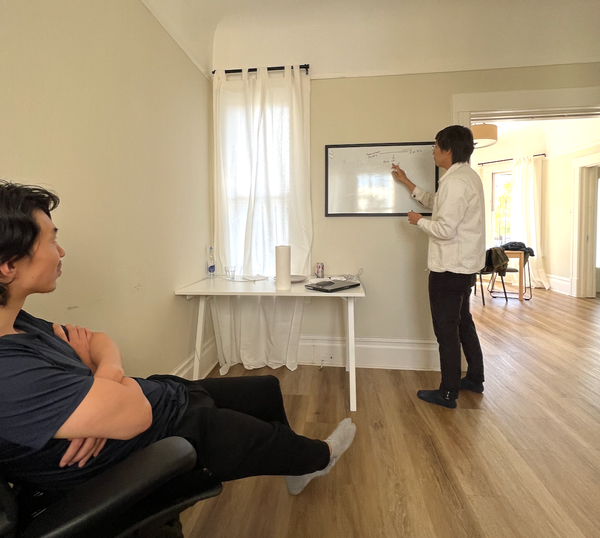The AI Race Has Begun

Today marks the beginning of the AI race.
Wait, wasn't that a year ago when ChatGPT burst on the scene? ChatGPT created a new paradigm for how we would be interacting with AI models. ChatGPT popularized conversational workflows. These tools works best when you imagine you have a very smart friend sitting beside you. Simply turn to it and ask it anything you want, and well, you get pretty good stuff back. My family is taking a vacation over March break, and we were looking for a place to stay in Santa Monica. Last night, I used the Kayak's GPT and got good information about where my family should stay, couldn't book the hotel but you can see where it's going. One day, I won't have to leave ChatGPT to get things in the real world. We are close.
Today marks a big change and I feel it's being under reported. Google has renamed its Bard product to Gemini and is going after OpenAI directly. In case you don't know or remember, Gemini is the name of the AI model Google has been developing for the past year, and it has been behind the application called Bard. Let's quickly recap some terms:
Model | LLM | Large Language Model: These are the mathematical weights that power the magic of the AI trained on all the world's data, more on that later.
AI application | ChatGPT | Bard | Gemini | Anthropic: These are applications that are powered by LLMs. They allow users to talk to the models and get useful, or not, info back.
OpenAI -> ChatGPT -> GPT-3 | GPT-3.5 | GPT-4 | GPT-4 Turbo: These are brand names of LLMs made by OpenAI, GPT-4 Turbo being the newest and most powerful.
Google -> Bard -> Gemini -> Gemini | Gemini Advanced: These are brand names of LLMs (models) made by Google, Gemini Advanced being the newest and most powerful.
Today, Google combined the branding of the Gemini model and Bard into one. Google Gemini now represents both the model and the application. If you go to https://gemini.google.com, you'll find a very similar interface to ChatGPT. Steal from the best and have a conversation with the Gemini model. Gemini has made rapid progress in just the past few weeks. Independent researchers give these models a standard testing score for their performance across different domains and disciplines. They also check them using standardized tests. They benchmark different models and updates to models against this score. A few months ago, Google was upper middle of the pack, now, its neck and neck with OpenAI.
The race is on... as of today, Google now has a multimodal, compelling competitor to ChatGPT. It also has a beautiful, fast, easy to use interface. Make no mistake, it's a clone of ChatGPT. And the race is on. So why is this interesting? It's all about the training data.
Training day and vacuum cleaners
OpenAI's most impressive feat was how fast and completely it vacuumed up the text of the internet. This text became the training data that it used to build GPT-3, 4 and so on. This took the world by surprise. We're talking almost unimaginable quantities of data. Every piece of text based data possible, everything written on the internet, transcripts of movies, and audio transcriptions of books. They vacuumed up the internet in a short amount of time without too many people noticing. Hmm... if only there was another tech company that built a really big, and fast and big text vacuum.
Google is the OG text vacuum company. They not only have the most powerful, most robust, most advanced infrastructure in the world for vacuuming up web information, they also invented the transformer, which powers these large language models. So for those in the know, it's been clear that Google should win this race. And everybody was pretty taken aback by how long it took them to get into the race. And now they've jumped in. So today, February 8th 2024, you can say that Google has jumped in number one. They've thrown away the strange Bard branding and have gone deep on Gemini. I am here for it.
I love OpenAI's scrappiness. I can feel the brand differences between Gemini and ChatGPT. I see OpenAI more as the scrappy startup; it's funny, but that's how I see it. Google is the big incumbent, which is so funny given where they were in my mind when they started (I started Googling back in 2001). But back to this whole vacuuming up the internet. Google has the most redily available access to real-time information.
Remember that OpenAI partnered with Microsoft? Well they did and a big reason is Bing. Bing? The search engine no one uses? Yes, that Bing. Although we kind of laugh at the Bing search engine, Microsoft still has a massive team and knowledge around how to vacuum the internet to power the Bing search engine. OpenAI is now getting its fresh data from that Bing partnership. But you can't match Google with how fast they are able to keep the vacuum at the tip of the internet. There are hundreds of millions of new pages being added each day and Google vacuums them all. So now you put the power of Gemini on top of that, and you can imagine how powerful Gemini is and will become. I would bet that Google can train Gemini faster with fresher information. OpenAI can train GPT-4 with Bing's help but not as good as Google can.
I am excited to dive deeper into Gemini. You can go to Google One and sign up for One AI Premium with access to Gemini Advanced. Gemini Advanced would be like using GPT-4 Turbo, OpenAI's best most expensive model. I still lean to ChatGPT first, but I will be running a lot of tests with Gemini over the next few weeks.
If you already have a Google One subscription, definitely try Gemini. If you are deciding which to buy, buy both. Don't cancel your OpenAI membership yet but that day could be coming.
The race is on, more than a year after it started.





